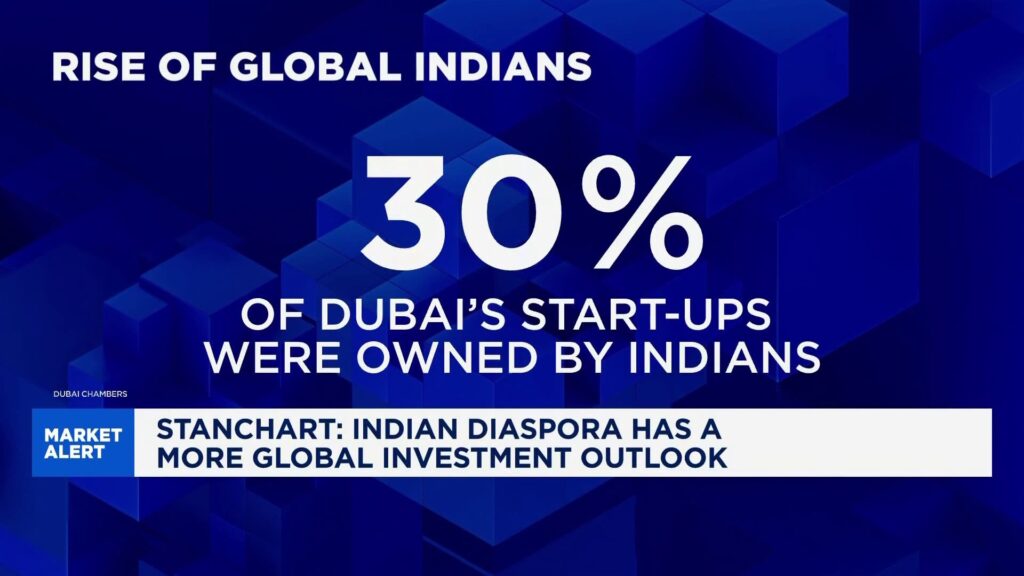
India’s high net worth individuals (HNWIs) are increasingly diversifying their investments, shifting focus from domestic assets to global opportunities. In 2023, it was reported that the wealthiest investors in India are placing significant resources into international markets, particularly in private equity, venture capital, and real estate.
The trend reflects a growing confidence among HNWIs to seek higher returns and mitigate risks associated with the domestic economic environment. According to a recent study by Knight Frank, the number of HNWIs in India has surged by over 11% in the past year, highlighting the expanding wealth landscape in the country. This growth has prompted a reevaluation of investment strategies among affluent individuals.
Investment Preferences Evolving
HNWIs are gravitating towards private equity and venture capital as they search for lucrative investment avenues beyond traditional markets. These sectors are particularly appealing due to their potential for substantial returns. The wealth management firm, Wealth-X, indicates that India’s affluent investors are increasingly engaging with startup ecosystems in regions like Silicon Valley and Southeast Asia.
Real estate remains a cornerstone of investment for many HNWIs, but there is a noticeable shift towards overseas properties. According to a report by CBRE, around 30% of Indian HNWIs are now investing in foreign real estate, drawn by the prospect of capital appreciation and rental income in mature markets.
Gold has also retained its allure as a safe-haven asset. Despite fluctuations in the global market, many investors see gold as a hedge against inflation and currency devaluation. Reports suggest that gold investment among Indian millionaires has increased by 15% over the past year.
Challenges and Opportunities
While the international shift presents opportunities, HNWIs face challenges, including regulatory hurdles and market volatility. Understanding foreign investment landscapes is critical for success. Investment advisors emphasize the importance of thorough research and strategic planning when entering new markets.
The Indian government has introduced various measures to enhance ease of doing business, which could further encourage HNWIs to explore international investments. As the global economy continues to evolve, Indian investors are likely to remain proactive, adapting their strategies to capitalize on emerging trends.
In conclusion, India’s HNWIs are redefining their investment approaches by looking beyond borders. With a growing portfolio that includes private equity, real estate, and gold, these investors are positioning themselves to navigate the complexities of global markets. As they continue to diversify, the impact on both domestic and international landscapes will be significant, paving the way for new opportunities and challenges in the investment realm.







